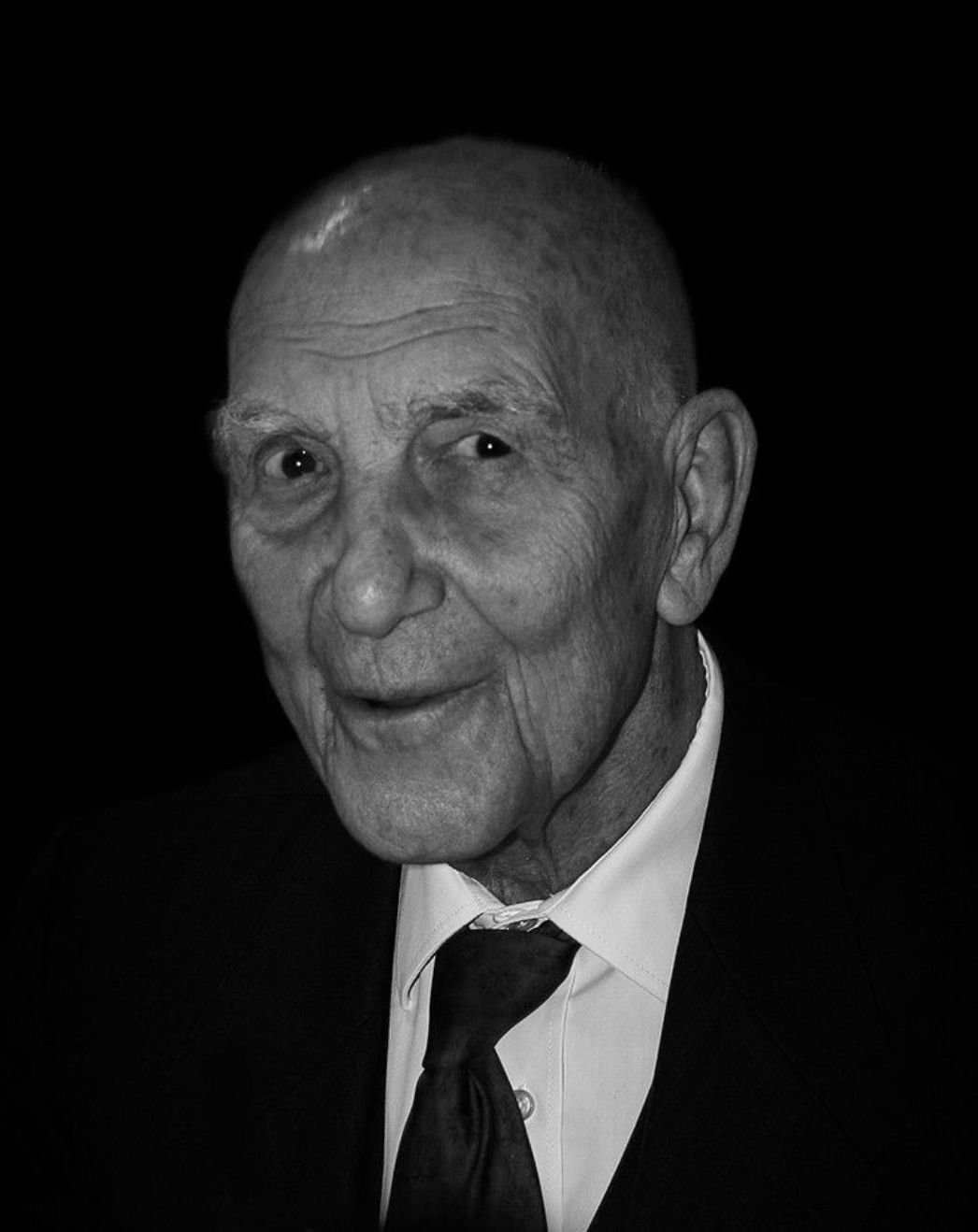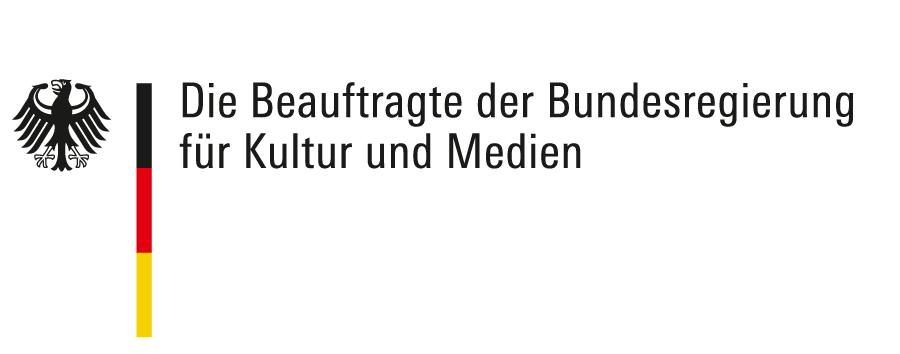
©Abderrahman Bouirabdane
Stéphane Hessel was born in Berlin on 20 October 1917, the son of the writer Franz Hessel and his wife Helene, née Grund. In 1924 he moved to Paris with his mother and grew up in an intellectual milieu of writers and artists. He studied philosophy and political science at the Sorbonne and passed the difficult entrance examination for the École Normale Supérieure. In 1939 he married Vitia Getzevich. Meanwhile a French citizen, he was called to war duty as an officer and taken prisoner by the Germans. After a successful escape, he went to England in 1941 and underwent training in the Royal Air Force as an aeronautical navigator for Charles de Gaulle’s intelligence services for the liberation of France. In July 1944 he was arrested by the Gestapo during a mission in France. He was tortured, and on 17 October 1944 deported to Buchenwald Concentration Camp with a death sentence. Eugen Kogon arranged an identity exchange with the dying inmate Michel Boitel to save Hessel’s life. Soon thereafter, Stéphane Hessel was transferred to the Rottleberode camp as Michel Boitel, and later to Mittelbau-Dora Concentration Camp; in early April 1945 he succeeded in escaping from a railway transport to Bergen-Belsen.
After his return, Hessel entered the French diplomatic service. In 1946 he participated in the editing and passing of the Universal Declaration of Human Rights in New York. He worked as a UN diplomat in New York and Geneva, from 1964 in Saigon, from 1969 in Algiers. Further missions in Africa followed. Giscard d’Estaing appointed him UN representative in Geneva; under Mitterand he worked in the commission for the integration of immigrants in France; in 1982 he was awarded the title of "Ambassadeur de France". In 1993 he served as president of the French delegation to the global conference on human rights in Geneva; from 1996, for "Sans Papier", he negotiated the efforts of African immigrants to prevent their expulsion from France. After the turn of the millennium, especially through his books Time for Outrage! and Get Involved! (published in 2010 and 2011, respectively), Hessel became an important pioneer and supporter of political and social protest movements. He thus remained in the focus of world attention until the end of his life.
Hessel received numerous honours and awards for his lifework. Among other distinctions, he was awarded the title of "Ambassadeur de France" and received the UNESCO Bilbao Prize for Human Rights, the Adam Mickiewicz Award for Reconciliation and Cooperation in Europe presented by the Committee for the Support of German-French-Polish Cooperation ("Weimar Triangle"), the Eugen Kogon Prize of the City of Königstein, the Prix de l’Académie de Berlin, and the French Prix Mychkine.
Stéphane Hessel died in Paris on 27 February 2013.


